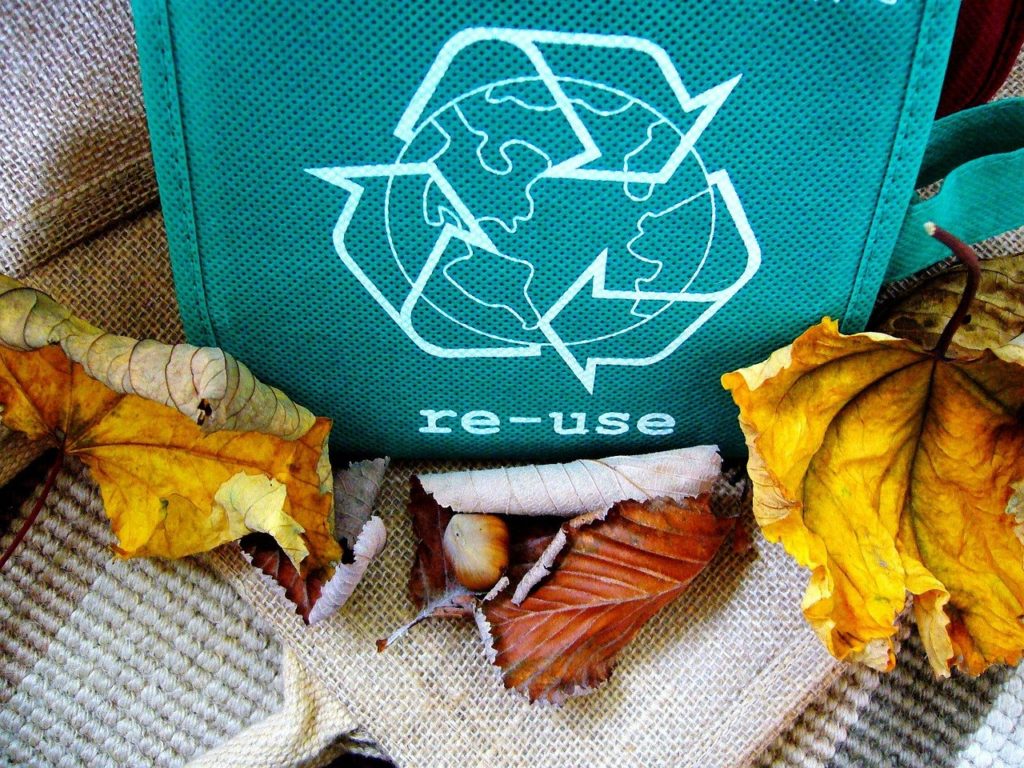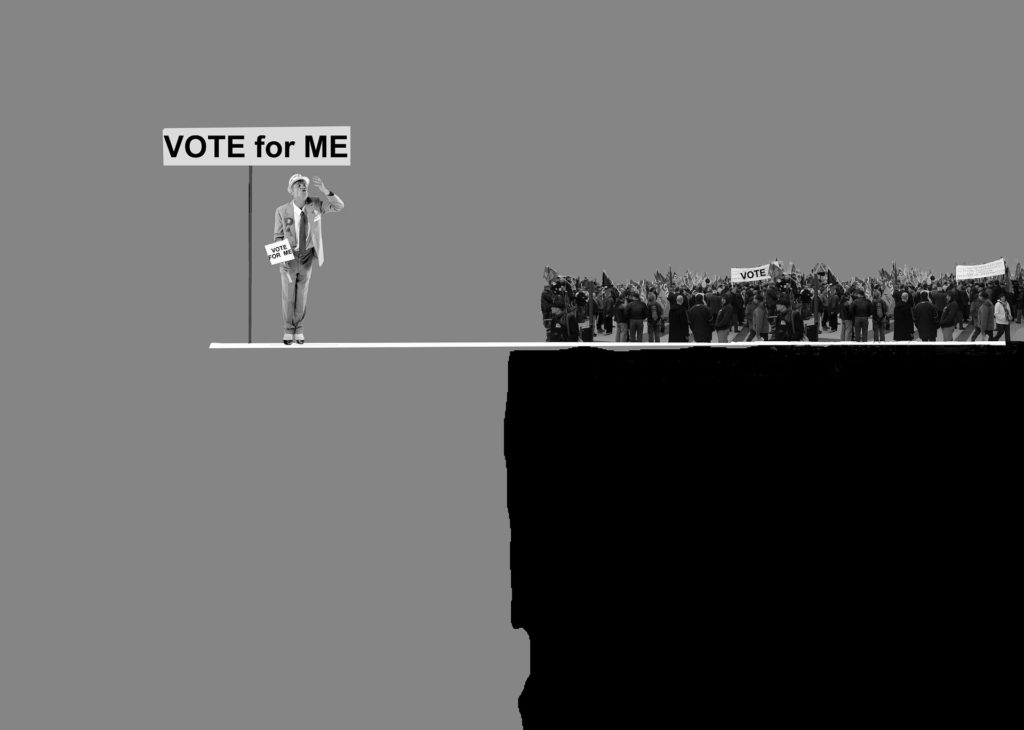David Schröder, Associate Professor in Finance at Birkbeck’s Department of Economics, Mathematics and Statistics, and Elisa Cavatorta, Associate Professor in the Department of Political Economy at King’s College London, have developed a questionnaire to measure how members of the public make decisions under uncertainty. Take the survey online to find out your ambiguity preferences.

This article was originally posted on the Research Outreach blog and is licensed under a Creative Commons Attribution 4.0 International License.
Every decision and action that we take in life is associated with a degree of uncertainty; whether we cross a road, what we invest our money in, what career we follow and the thousands of other decisions that we make on a daily basis. Over the years, economists and psychologists have studied different factors that affect how individuals make decisions under uncertainty so that they can better understand what drives the behaviours that we see in the world.
One of the underlying factors that explain individual behaviour under uncertainty is the different degree of tolerance anyone has for situations of uncertainty, in other words their individual preferences. To apply the behavioural models proposed in the scientific literature, it is important to accurately measure these preferences driving our behaviour. Elisa Cavatorta, Associate Professor at the Department of Political Economy at King’s College London, and David Schröder, Associate Professor in Finance at Birkbeck, University of London, noticed that existing approaches to measure uncertainty attitudes are overly complex and therefore rarely used to measure preferences outside economic laboratories. To improve the ability to measure uncertainty attitudes and make their measurement more accessible, they designed a new questionnaire to facilitate the assessment of the preferences guiding everyday decision making under uncertainty.
Understanding risk and ambiguity
The most common factor that people associate with decision making under uncertainty is risk, and how tolerant an individual is towards risky scenarios. In a risk-based situation, we have a sense of the likelihood of the different outcomes that our decisions could deliver. For example, if you roll a fair dice, you know that you have a one in six chance of getting a specific number. Likewise, outcomes of recurring situations may involve known likelihoods: if your parent cooks their usual signature dish, you know the chances that it tastes delicious.
In many situations however, there is an additional degree of uncertainty about the potential outcomes of our decisions and actions. For example, if you hear that the dice that you are about to use has a flaw that means it will not roll fairly, you can no longer accurately predict the likelihood of rolling the number four. If a stranger cooks for you, the probability that the dish is delicious can be vague. Thanks to the work of Knight (1921) and Ellsberg (1961), this degree of uncertainty over vague or unknown probabilities is referred to as ambiguity. Different people have a different “taste” for the lack of accurate information about the probabilities of given outcomes and will respond differently.
Our preferences towards ambiguity guide the decisions that we make under uncertainty. There isn’t an optimal decision that fits all. Optimal decisions for everyone depend on one’s own preferences. If we can accurately measure ambiguity preferences, then we have a powerful insight into human behaviour, that is, how people make choices subject to limited information.
Measuring ambiguity preferences
Traditionally, ambiguity attitudes have been measured within a controlled economic laboratory environment. Ambiguity tests have focused on specific decision tasks involving known and unknown probabilities, often complex to understand and requiring lengthy explanations. This method has produced very accurate results; however, the complexity of these tasks makes them impractical to roll out on a large enough scale to understand the decision-making behaviours that we see in the general population.
Elisa Cavatorta and David Schröder researched ambiguity preferences in great detail. They started from the results in a laboratory setting, but the researchers were motivated to find a more practical way of measuring ambiguity preferences outside of these experiments. They knew that an online survey questionnaire or a questionnaire that could be conducted by telephone would be a far more practical mechanism for collecting data from much larger groups of participants and be more practical for researchers who conduct field studies.
Survey design
Cavatorta and Schröder have designed a simple survey questionnaire, which accurately measures ambiguity preferences. Their work has been inspired by various studies that recommended using surveys to measure other economic preferences. In their 2019 paper, they develop a measurement for ambiguity preferences, adding to existing ones designed to elicit preferences for risk, trust and impatience.
The research team developed their questionnaire using a sample of 121 students from various colleges of the University of London. The idea was to find the best combination of survey questions that would most accurately predict ambiguity preferences elicited with the well-established approach in the laboratory setting. The challenge was to find the best combination of these survey questions. The research team selected around 50 possible candidate survey questions of various types. Some of these questions are short thought-experiments where participants make choices in some hypothetical games (e.g. selecting the preferred option between one unknown, i.e., ambiguous, probability and one with known probability, i.e. risky). Some questions are attitudinal questions from the psychology literature, in which participants assess how much they like or dislike a situation.
The researchers considered the predictive power of all combinations of the candidate questions. Using a selection process that evaluates all possible combinations and then selects the best predictors is a data-driven method that minimises forms of bias in the selection process. The result is a five survey-item questionnaire that provides an individual ambiguity preferences score that correlates well with the ambiguity preference score that would come out in a laboratory setting. This means the survey questionnaire is an accurate substitute when measurement in the laboratory is impractical or unavailable.
Possible uses of the new measurement
The professors recommend their measurement whenever incentivised experiments in a laboratory are not feasible, for example, when researchers need to gather ambiguity preferences of a large number of participants, field-studies, or in scenarios where time or money is limited.
This questionnaire provides the opportunity to conduct large-scale studies into the impact of ambiguity preferences on economic and social behaviour. Given the uncertainty surrounding many decisions in every-day life, applications of the measurement can be wide-ranging. The current pandemic demonstrates people have different preferences for ambiguity and this guides different reactions and health behaviour. Another application concerns the financial services industry: the industry has traditionally focused on risk preferences when recommending the most suitable investment options to its clients. Risk preference assessments help us to understand one element of what makes an investment a good match for an individual. However, investments often involve unknown risks (i.e. ambiguity), so the measurement can assist financial services professionals to better tailor their product recommendations to the client’s tastes and needs.



